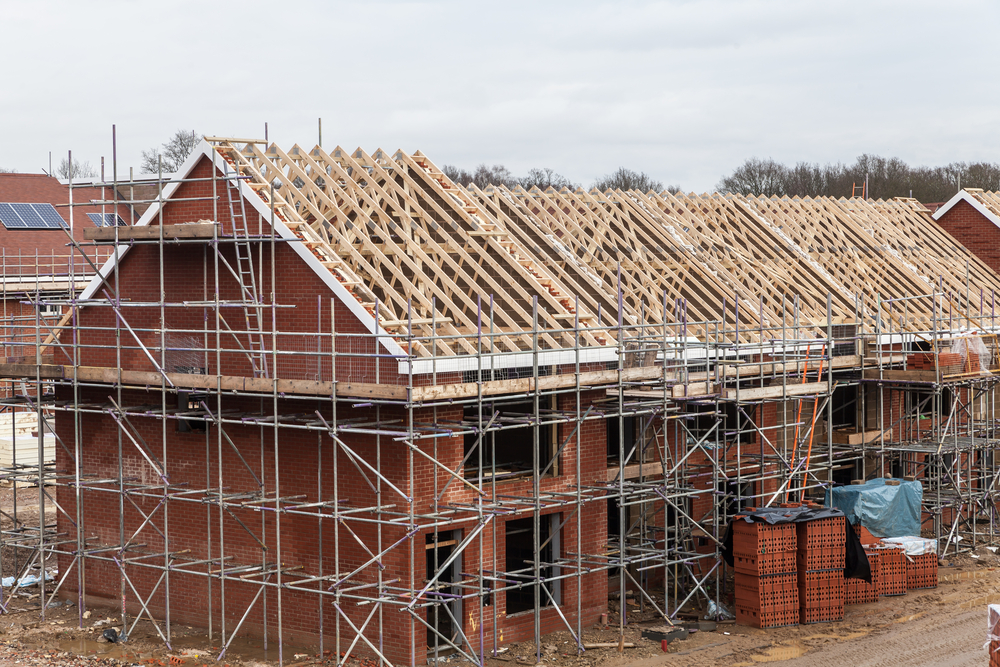Advice for retailers as the Building Safety Act transitional period comes to an end

As the transitional period for the Building Safety Act 2022 comes to an end on 6 April 2024, specialist lawyers are reminding retailer occupiers that the new regulations may apply to them.
The BSA came into force on 1 April 2023 as a direct result of safety concerns for occupants of high-rise buildings after the Grenfell Tower tragedy, with the intention of improving the design, construction and management of higher-risk buildings.
But lawyers at national law firm Clarke Willmott are warning retailer occupiers and developers of buildings with retail and commercial units that there will be circumstances in which their building is subject to the new regulations.
Jamie Swan, partner in the construction team at Clarke Willmott, said: “It may not be obvious why owners and occupiers of commercial and retail units might be affected by the BSA but there is no exemption for High Rise Buildings (HRBs) that contain commercial and retail units – for instance on the lower floors of buildings where residential units sit above them.
“With this in mind, if you are carrying out works to develop a retail unit within a mixed-use building with a residential element and it is classified as an HRB, or if you are constructing a mixed-use building that fits the HRB criteria, you will be subject to the obligations imposed by the BSA. In which case you will need to consider the regulations that apply to you.”
The first step to consider will be the timing of the construction works that are being undertaken as some will carry on under the current regime and some will pass to the new BSR. This all depends on the steps taken before the 1 October 2023 and how ‘sufficiently progressed’ the development is.
Other considerations include key role changes for the Accountable person (AP) and dutyholders. The new regulations mean that dutyholders are required to exhibit certain competencies and appropriate behaviours.
Jamie continued: “The BSR will be responsible for overseeing the safety and performance systems of all buildings.
They will be given powers to enforce the rules and act against those that break them. And for high-risk properties, they will be able to implement more stringent rules, including how they are designed, constructed, and occupied.
“There are significant and serious changes to many regulations so it’s important for commercial outfits to be aware and ensure they do not fall foul. Taking early advice from a trusted lawyer with expertise in retail and/or construction is recommended.”
Clarke Willmott is a national law firm with offices in Birmingham, Bristol, Cardiff, London, Manchester, Southampton and Taunton and is this year celebrating its 135th birthday.



